
The NHS is launching a campaign to teach people the common signs of a heart attack which are often ignored by those experiencing them.
The campaign is designed to help people to know when to dial 999 as the number of admissions for heart attacks returns to pre-pandemic levels.
NHS figures show that there were more than 84,000 hospital heart attack admissions in England during a year long period between 2021 and 2022, up by more than 7,000 compared to the previous year-long period when fewer people came forward for care during the pandemic.
The heath service has said people's chances of surviving a heart attack are far higher if they seek care earlier.
Around seven in 10 people survive a heart attack, with this figure increasing to more than nine in 10 for those who reach hospital early to receive treatment.
The new NHS advert will run from this week, encouraging people to dial 999 as soon as they experience symptoms of a heart attack.
The symptoms are:
• Squeezing or pain across the chest
• Sweating
• A feeling of uneasiness
• Pain that radiates down the left arm, or both arms, or to the neck, jaw, back or stomach
• Difficulty breathing (snoring or rasping)
• Rapid heart beat
• Low or undetectable heart beat
• Blue or pale tingling of knees, hands and lips
• Nausea or coughing up blood
• Unconsciousness
• Seizures or fitting
NHS research also shows that whilst 70% of those surveyed understood that pain in the chest is a symptom of a heart attack, just 41% knew sweating was a symptom.
Only 27% understood feeling weak, lightheaded or a feeling of general unease were also symptoms.
The campaign also seeks to raise awareness of heart attack symptoms amongst women.
Despite more frequently affecting men, around 30,000 women are admitted to hospital following a heart attack each year in the UK.
Women's risk of a heart attack increases after the menopause.
Professor Nick Linker, cardiologist and NHS national clinical director for heart disease, said:
"Cardiovascular disease causes one in four deaths across the country, so it is vital that people are aware of the early signs of a heart attack.
"Every moment that passes during a heart attack increases heart muscle damage and nearly all of the damage takes place within the first few hours, so if you experience symptoms such as a sensation of squeezing or tightness across the chest alongside sweating, nausea, or a sense of unease, please call 999 so you have the best chance of a full recovery."
Dr Charmaine Griffiths, chief executive at the British Heart Foundation (BHF), said:
"Every minute matters when somebody is having a heart attack, and could be the difference between life and death.
"Even if the symptoms don't seem severe, such as a feeling of squeezing or tightness across the chest - call 999 immediately. A heart attack is a medical emergency and immediate action could save your life."
A heart attack occurs when the supply of blood to the heart becomes blocked, which can starve it of oxygen potentially causing serious muscle damage. The person will be conscious and breathing.
A cardiac arrest is different - it usually occurs suddenly and without warning with the person quickly losing consciousness.
Their heart stops, they will have no pulse and sadly people experiencing a cardiac arrest will usually die within minutes if they do not receive treatment. A heart attack can lead to a cardiac arrest.

(c) Sky News 2023: These are the common signs of a heart attack which are often ignored - do you know them?


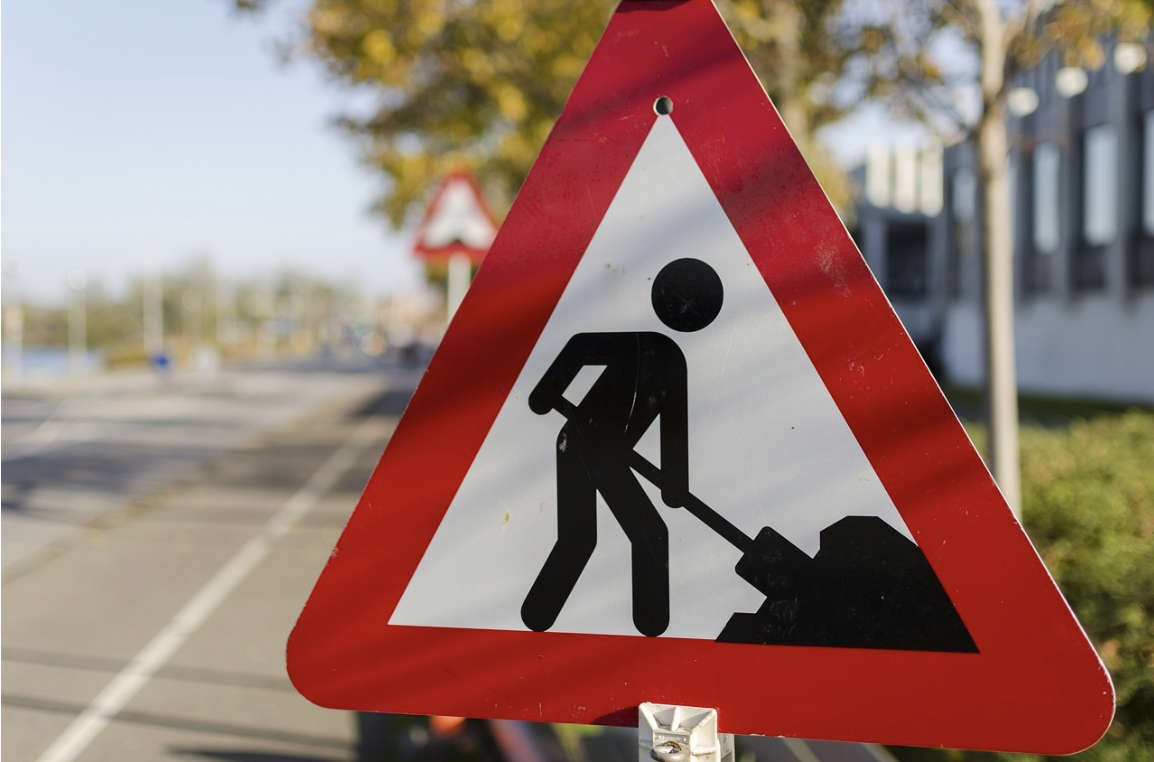 Overnight Closures For A22 Forest Row Road Improvements
Overnight Closures For A22 Forest Row Road Improvements
 Brighton Defence Manufacturer's Controversial Planning Application Likely To Be Heard
Brighton Defence Manufacturer's Controversial Planning Application Likely To Be Heard
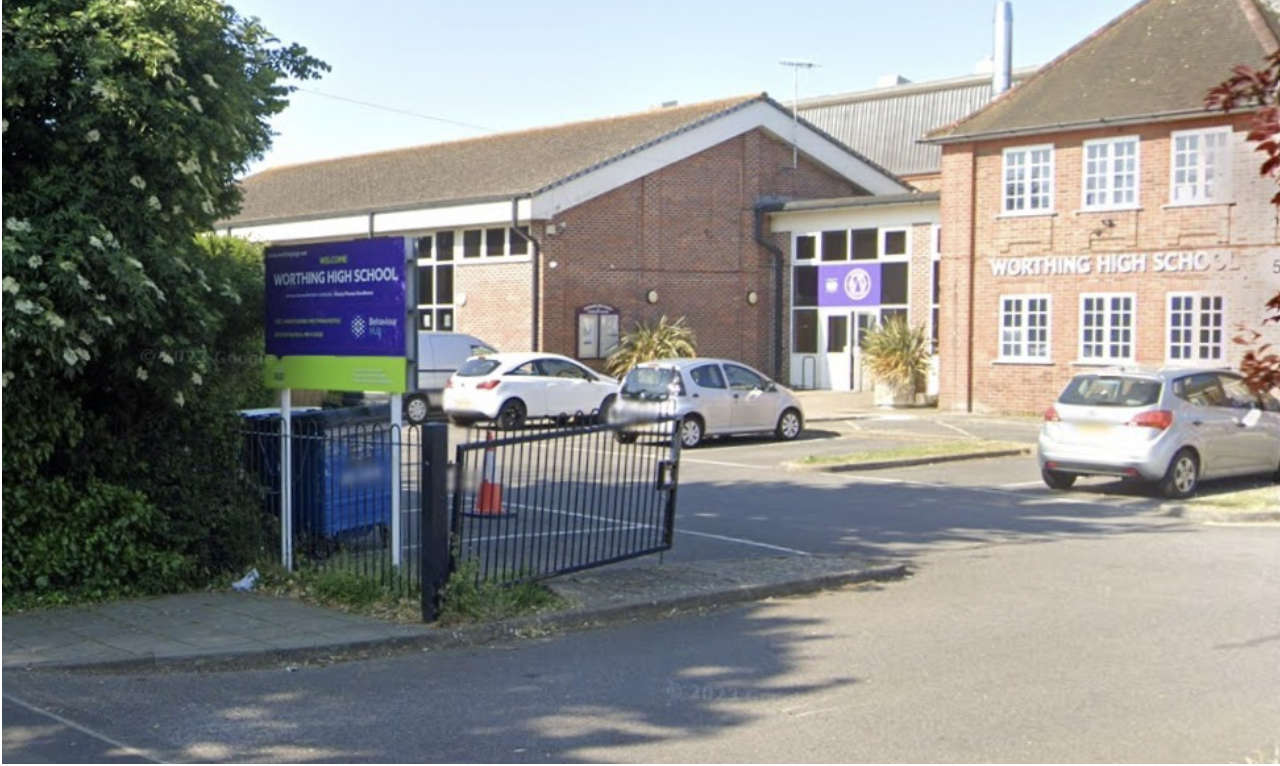 Over £2.4m Approved For Worthing School Support Centre
Over £2.4m Approved For Worthing School Support Centre
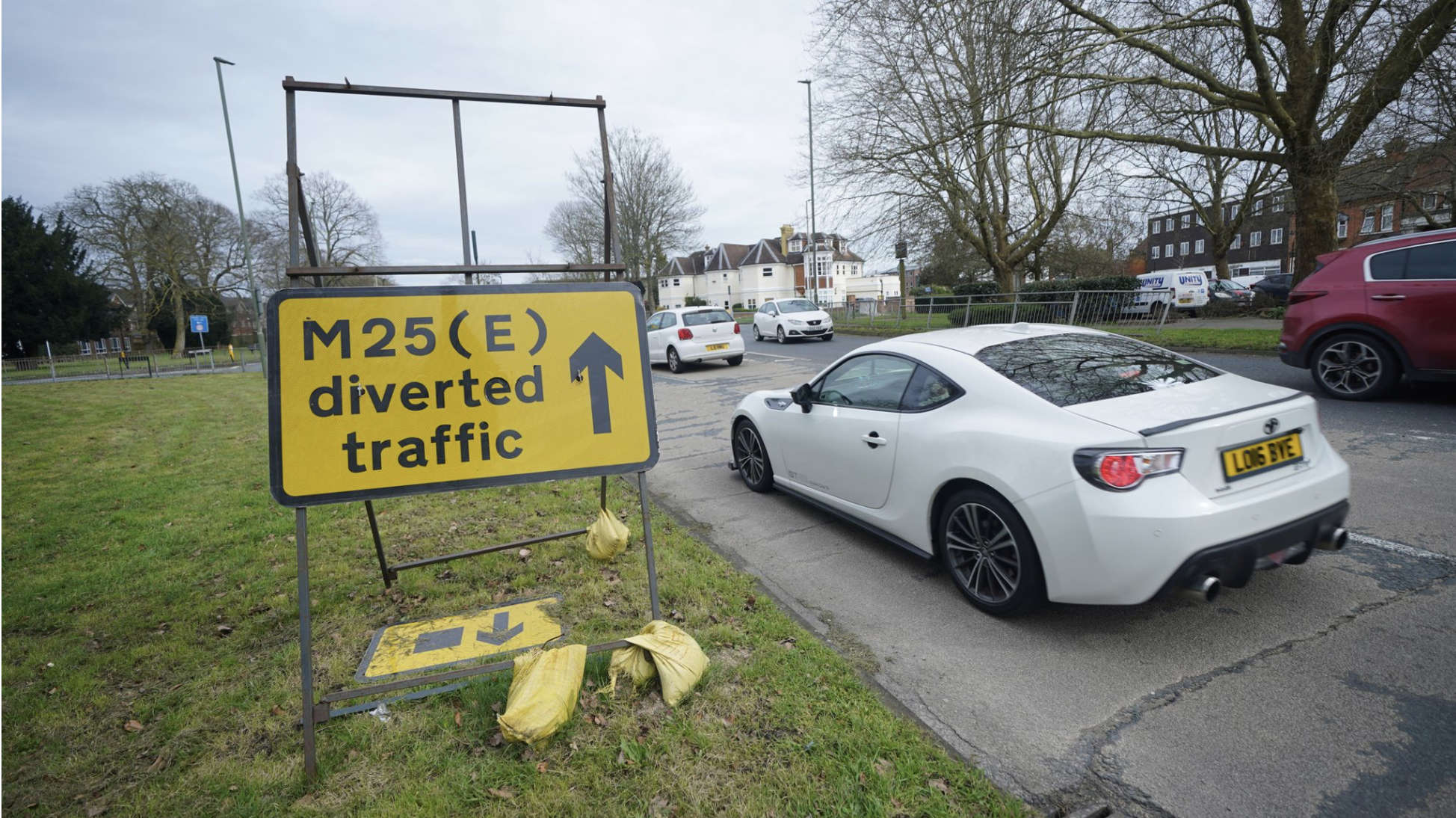 Section Of M25 To Close Again Tonight - As Drivers Warned Not To Get Complacent
Section Of M25 To Close Again Tonight - As Drivers Warned Not To Get Complacent
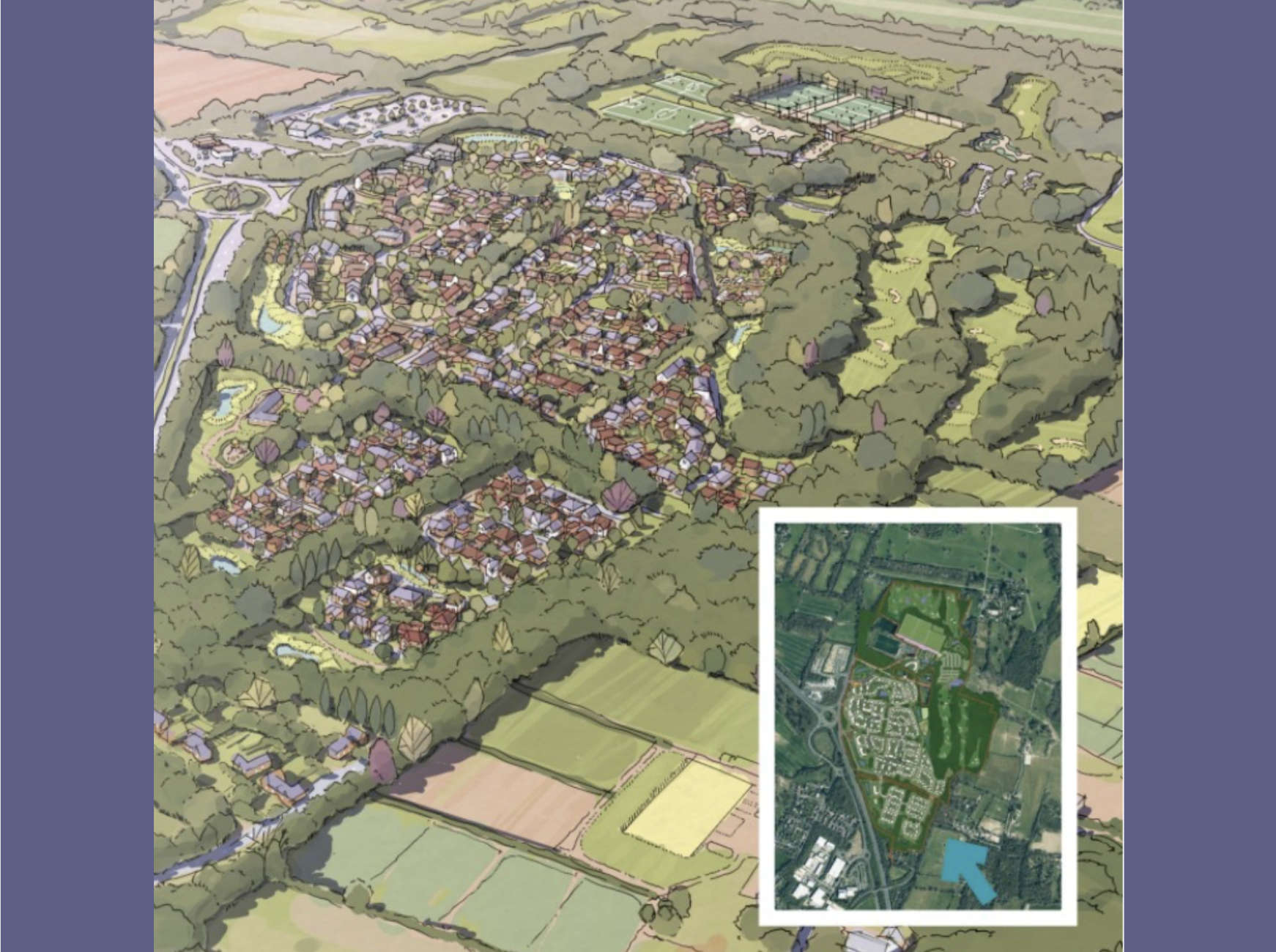 Plans For 800 New Horsham Homes Refused
Plans For 800 New Horsham Homes Refused
 Over 200 Co-Living Flats Approved For Brighton
Over 200 Co-Living Flats Approved For Brighton
 Teenager In Custody On Crawley Attempted Murder Charge
Teenager In Custody On Crawley Attempted Murder Charge
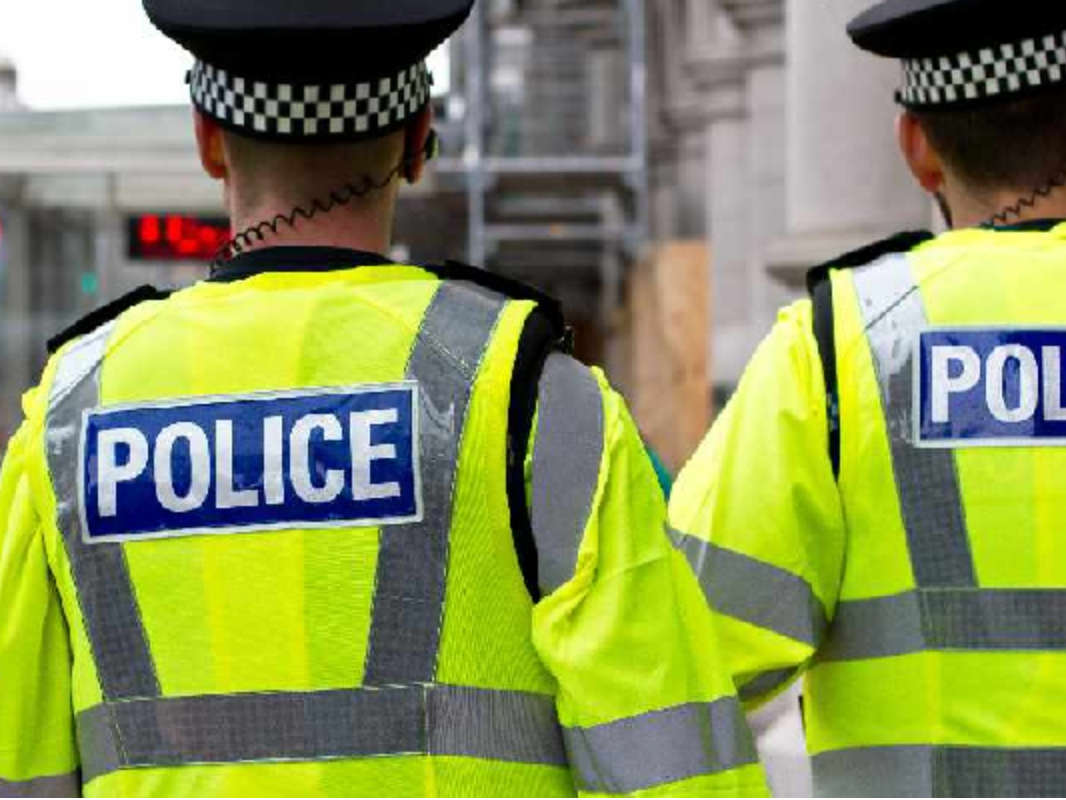 Appeal Following Assault In Hastings
Appeal Following Assault In Hastings
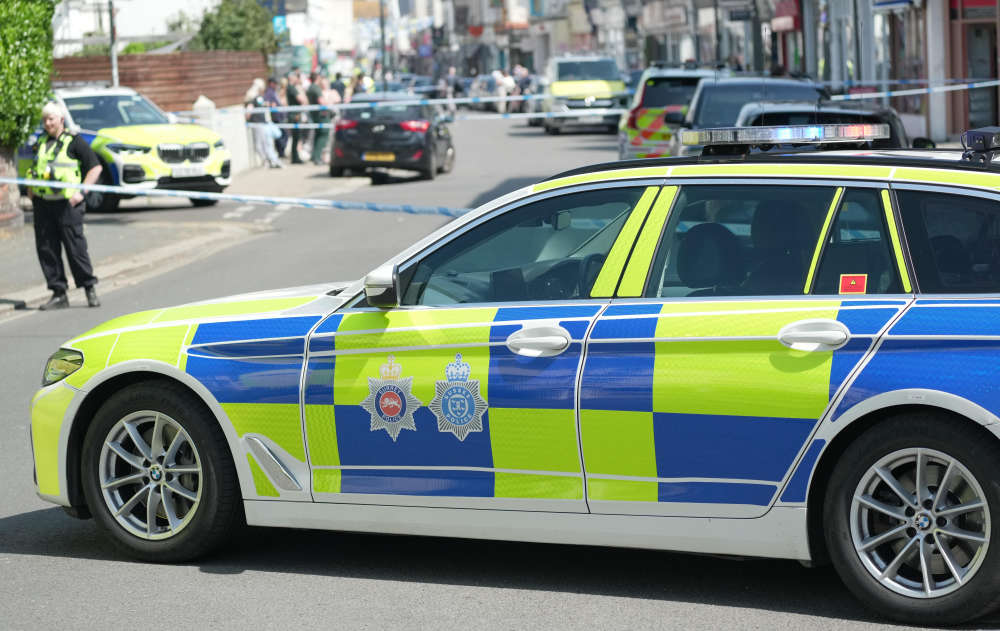 Road Closed As Armed Police Attend Incident In Worthing
Road Closed As Armed Police Attend Incident In Worthing
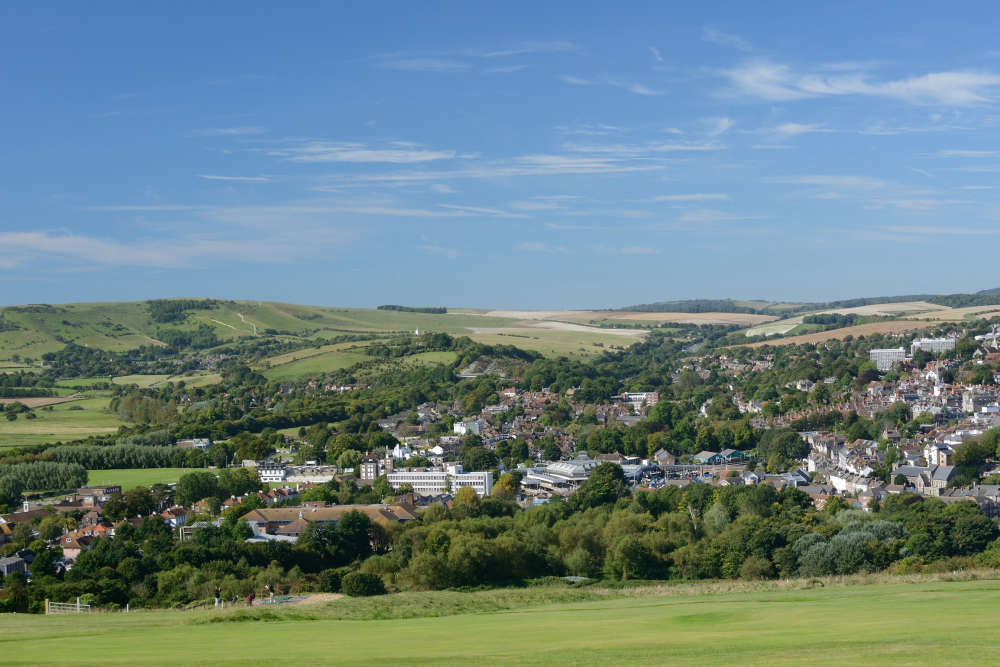 Lewes District Council Placed In Planning Special Measures
Lewes District Council Placed In Planning Special Measures